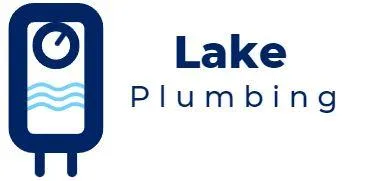Gas vs Electric Water Heaters: Definitive Comparison
When it comes to choosing between a gas or electric water heater replacement in Eclectic, it's crucial to understand the differences between the two options. This comprehensive article aims to provide a detailed analysis of the pros and cons associated with both gas and electric water heaters to help homeowners make informed decisions based on their specific needs. The decision between a gas or electric water heater replacement depends on several factors such as energy efficiency, upfront costs, and individual needs. By carefully considering these factors, homeowners can make informed choices that align with their specific requirements. Whether it's opting for a more energy-efficient gas water heater or a cost-effective electric water heater, the goal is to ensure a reliable and efficient supply of hot water for the household.

How do electric water heaters work?
Electric water heaters work by using an electric heating element to heat the water. When you turn on the hot water tap, cold water from the supply line enters the tank through a dip tube. Inside the tank, there are one or two heating elements immersed in the water. These heating elements are made of metal and when an electrical current flows through them, they heat up. As the water comes into contact with the hot heating elements, it heats up and rises to the top of the tank. The heated water is then ready to be used for various purposes like showering, washing dishes, or doing laundry. To ensure a constant supply of hot water, electric water heaters have a thermostat that maintains the desired temperature. If the temperature drops below the set point, the thermostat signals the heating elements to turn on and heat the water. When the water reaches the desired temperature, the thermostat shuts off the heating elements to prevent overheating. This process continues as long as hot water is being used in the house. Electric water heaters are generally easy to install and operate, making them a popular choice for residential water heating needs. However, it's essential to ensure proper maintenance and occasional water heater replacement to ensure efficient and reliable performance over time.

Benefits of electric water heaters
Electric water heaters offer several benefits for homeowners looking to replace their current water heater. Here are some key advantages of electric water heaters:
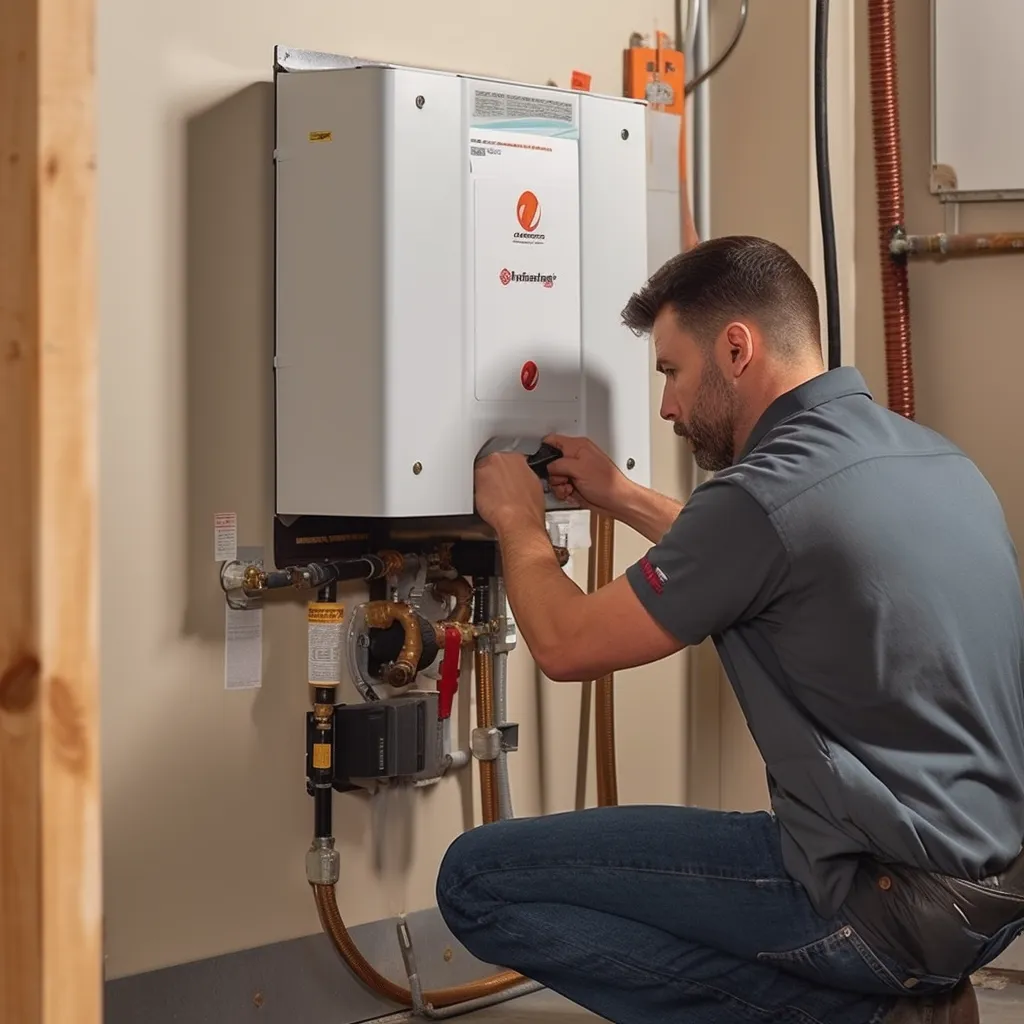
Energy Efficiency: Electric water heaters are known for their energy efficiency, leading to potential savings on utility bills. They convert almost all of the electricity they use into heat, resulting in minimal wasted energy.
Easy Installation: One of the major benefits of electric water heaters is their straightforward installation process. Compared to other types of water heaters, such as gas or solar, electric models require fewer components and do not require any specialized venting or gas lines. This makes them easier and less time-consuming to install, saving homeowners both time and money.
Safety: Electric water heaters are generally considered safer and more reliable than gas water heaters. With no open flame or combustion involved, the risk of gas leaks or carbon monoxide poisoning is eliminated. This is especially important for families with children or pets.
Convenient Operation: Electric water heaters provide constant hot water on demand. They heat water quickly and maintain a consistent temperature, ensuring a steady supply of hot water whenever it is needed. Additionally, electric water heaters can be equipped with programmable timers or smart controls, allowing homeowners to easily adjust settings based on their usage patterns and further improve energy efficiency.
Flexibility: Electric water heaters are available in various sizes and models to suit different household needs. Whether you have a small apartment or a large family home, there is an electric water heater that can meet your specific requirements.
Disadvantages of electric water heaters
There are several electric water heater disadvantages to consider:
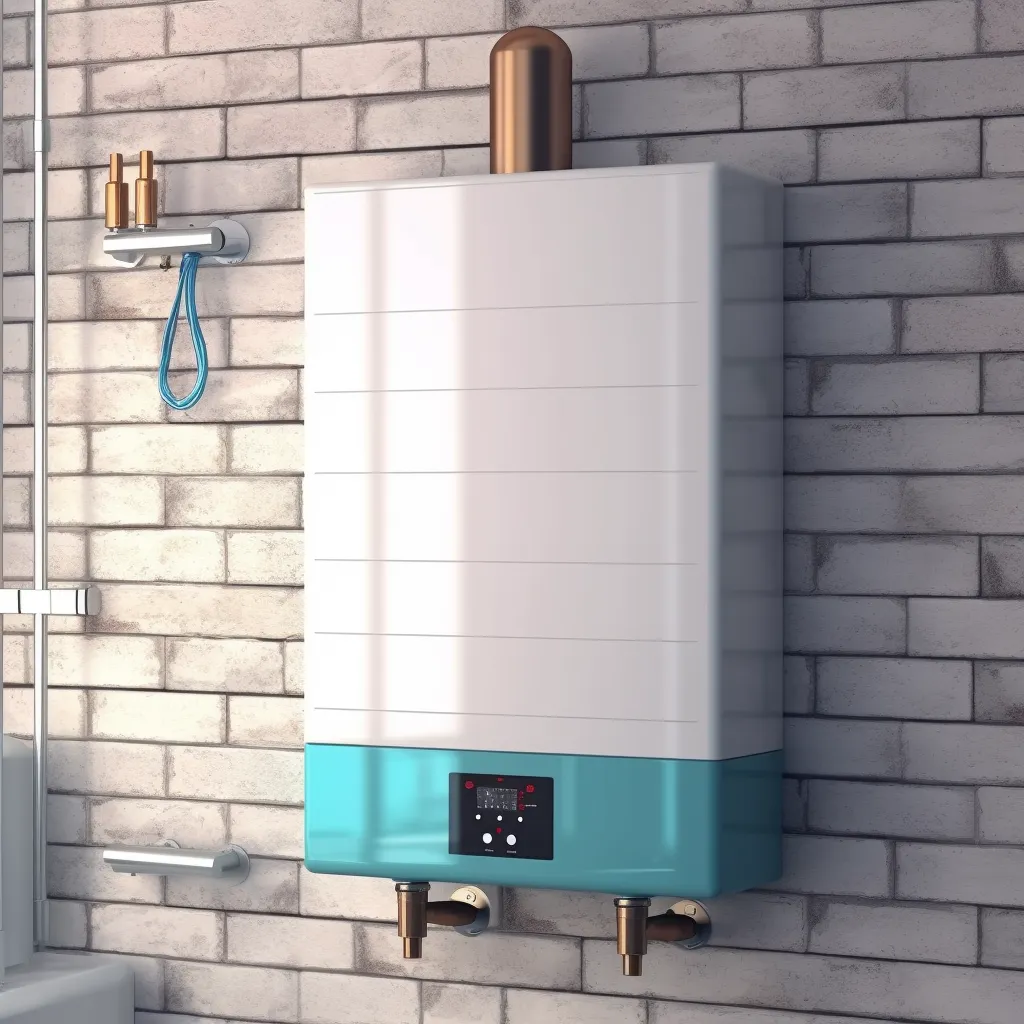
One major downside is their higher energy consumption compared to other types of water heaters. Electric water heaters tend to be less energy-efficient, resulting in higher monthly utility bills.
Another disadvantage is the potential for slower heating times. Electric water heaters typically take longer to heat up the water compared to gas or tankless water heaters. This can be a drawback, especially if you have a large household with high hot water demand.
Electric water heaters usually have a limited capacity. The size of the tank determines how much hot water can be stored at a given time. If you have a larger family or frequently use hot water for multiple purposes, you may find yourself running out of hot water quickly.
Electric water heaters can be more expensive to install and maintain. The initial cost of purchasing and installing an electric water heater may be higher than other options.
Electrical components and heating elements may require more frequent maintenance or replacement, leading to additional expenses.
In the event of a power outage, electric water heaters are rendered useless. Unlike gas water heaters, which can still provide hot water during an outage, electric water heaters rely on electricity to function.
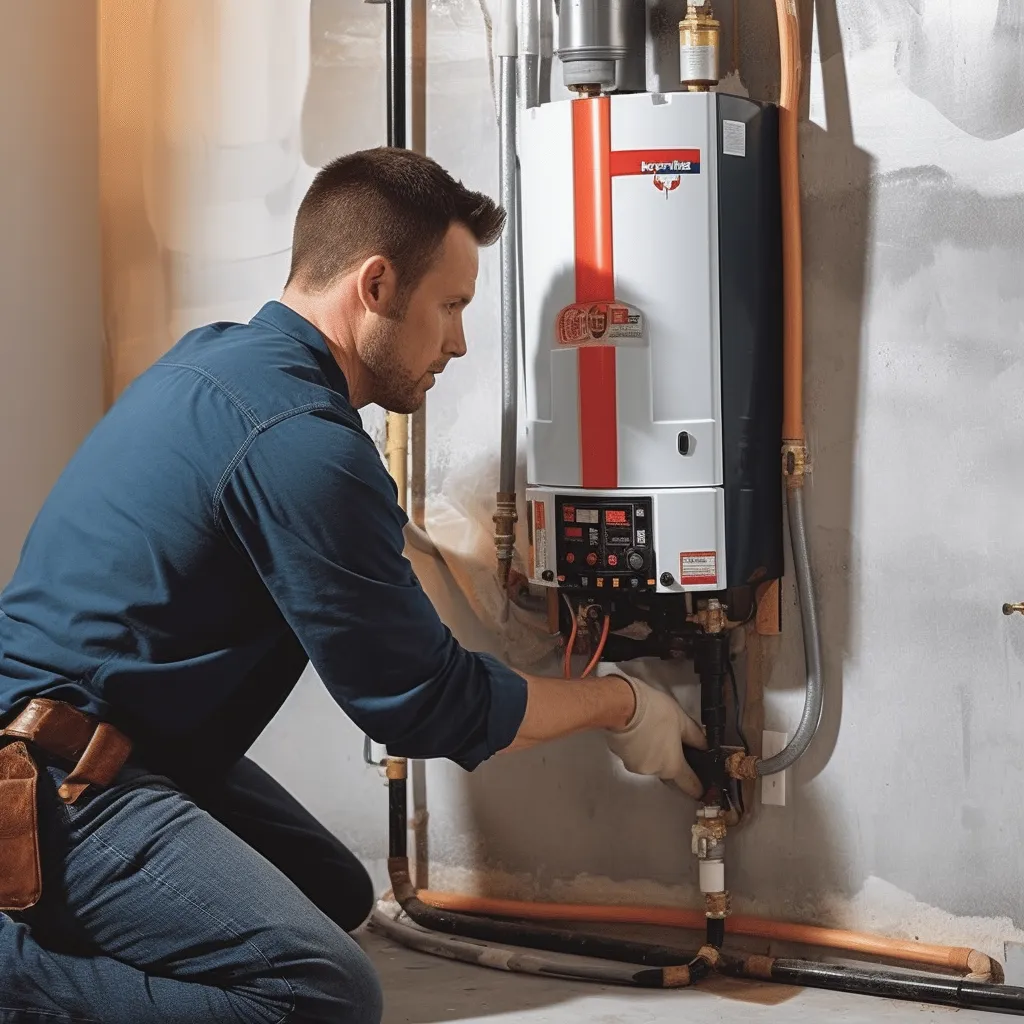

How do gas water heaters work?
Gas water heaters work by using natural gas or propane to heat the water. The process starts when cold water enters the tank through a dip tube, which is located near the top of the heater. The incoming water displaces the existing hot water, pushing it towards the hot water outlet. Within the tank, there is a burner assembly that consists of a pilot light or an electronic ignition system and a main burner. When the water temperature in the tank drops below the set level, the pilot light or ignitor ignites the burner, and the gas valve opens to release fuel. This fuel is then ignited to create a flame that heats a component within the tank called the heat exchanger. The heat exchanger is a metal coil or tube that is submerged in the tank, where it heats up the surrounding water. The hot water then rises to the top of the tank, ready to be used in showers, dishwashing, or other household applications. As the hot water is used and the tank loses heat, the gas burner reignites periodically to maintain the desired temperature. This cycle continues as long as there is a demand for hot water. Gas water heaters also have a flue system, which allows the exhaust gases produced by the burner to safely exit the home. The flue pipe directs the exhaust fumes outside through a vent or chimney, preventing them from accumulating indoors.
Advantages of gas water heaters
There are several benefits to choosing a gas water heater for your replacement needs in Eclectic:
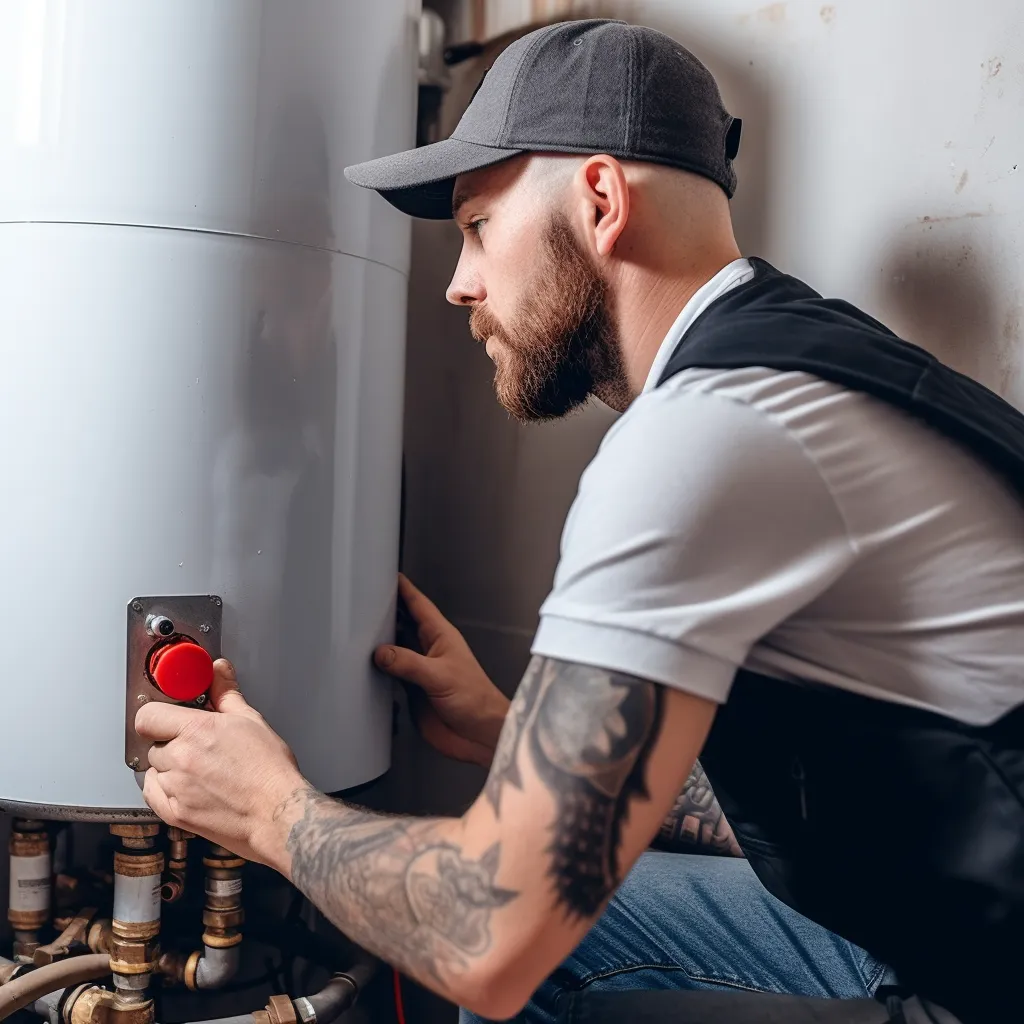
Gas water heaters offer a high level of efficiency, allowing you to save on energy costs in the long run.
These units have a faster recovery rate, meaning you'll have access to hot water more quickly compared to other types of water heaters.
Gas water heaters are also known for their durability and longevity, providing reliable hot water for many years.
Gas water heaters tend to have lower upfront costs compared to electric models.
With their ability to provide hot water even during power outages, gas water heaters offer a dependable solution for your Eclectic home.
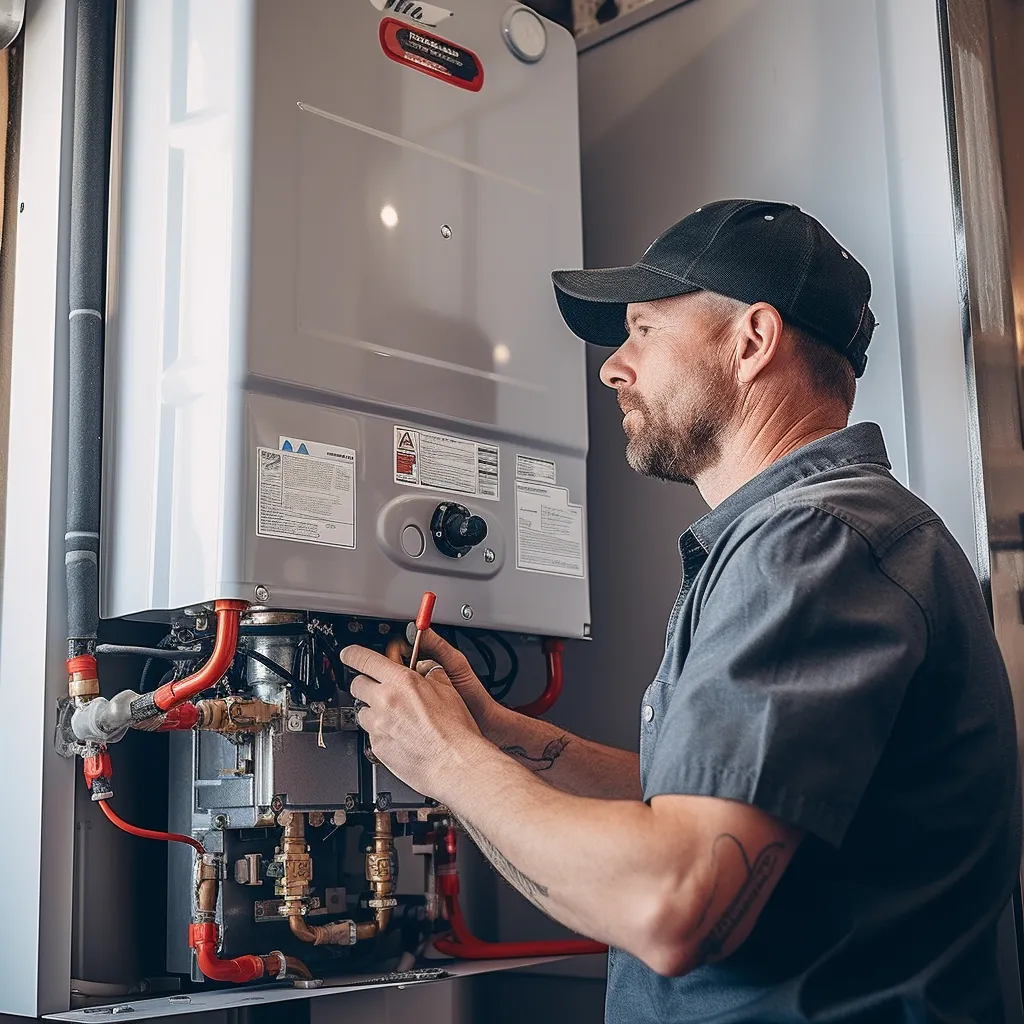
Drawbacks of gas water heaters
Gas water heaters have been a popular choice for many households due to their efficiency and ability to quickly heat water. However, it's important to consider the cons of gas water heaters before making a decision:
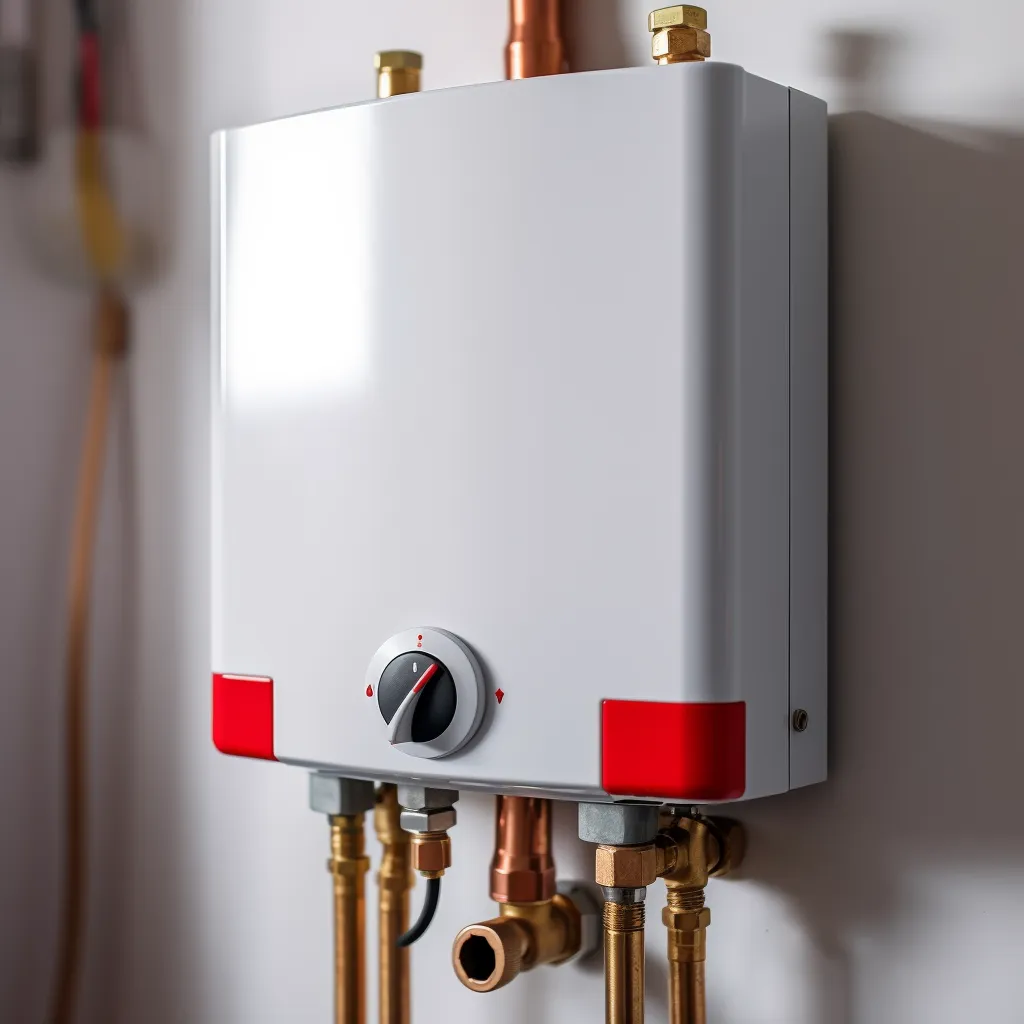
Installation and Retrofitting: One of the major cons of gas water heaters is the installation process. Unlike electric water heaters, gas water heaters require a gas supply line to be installed, which can be complex and costly. Additionally, if you are replacing an electric water heater with a gas one, you may need to retrofit your plumbing and electrical systems to accommodate the gas unit.
Ventilation Requirements: Another disadvantage of gas water heaters is their ventilation requirements. Since gas-powered units produce combustion gases, they need proper ventilation to expel these fumes outside the home. This may involve installing a venting system or flue, which can add to the overall installation costs.
Carbon Monoxide Risk: Gas-powered appliances, including water heaters, pose a potential risk of carbon monoxide (CO) leaks if not properly maintained or if there is a malfunction. Carbon monoxide is a colorless, odorless gas that can be lethal in high concentrations. To mitigate this risk, it's essential to have a working carbon monoxide detector and schedule regular maintenance for your gas water heater.
Safety Concerns: Gas water heaters involve working with natural gas, which can be hazardous if not handled correctly. Gas leaks are possible, and this can lead to fire or explosions if not addressed promptly. It's important to have a trained professional install and maintain your gas water heater to minimize the risk of accidents.
Higher Operating Cost: Gas water heaters may have a higher operating cost compared to electric models. This is because natural gas prices can fluctuate, and the cost of heating water with gas can be more expensive than using electricity in some regions. It's essential to consider the cost of natural gas in your area and weigh it against the energy efficiency of the unit before making a decision.
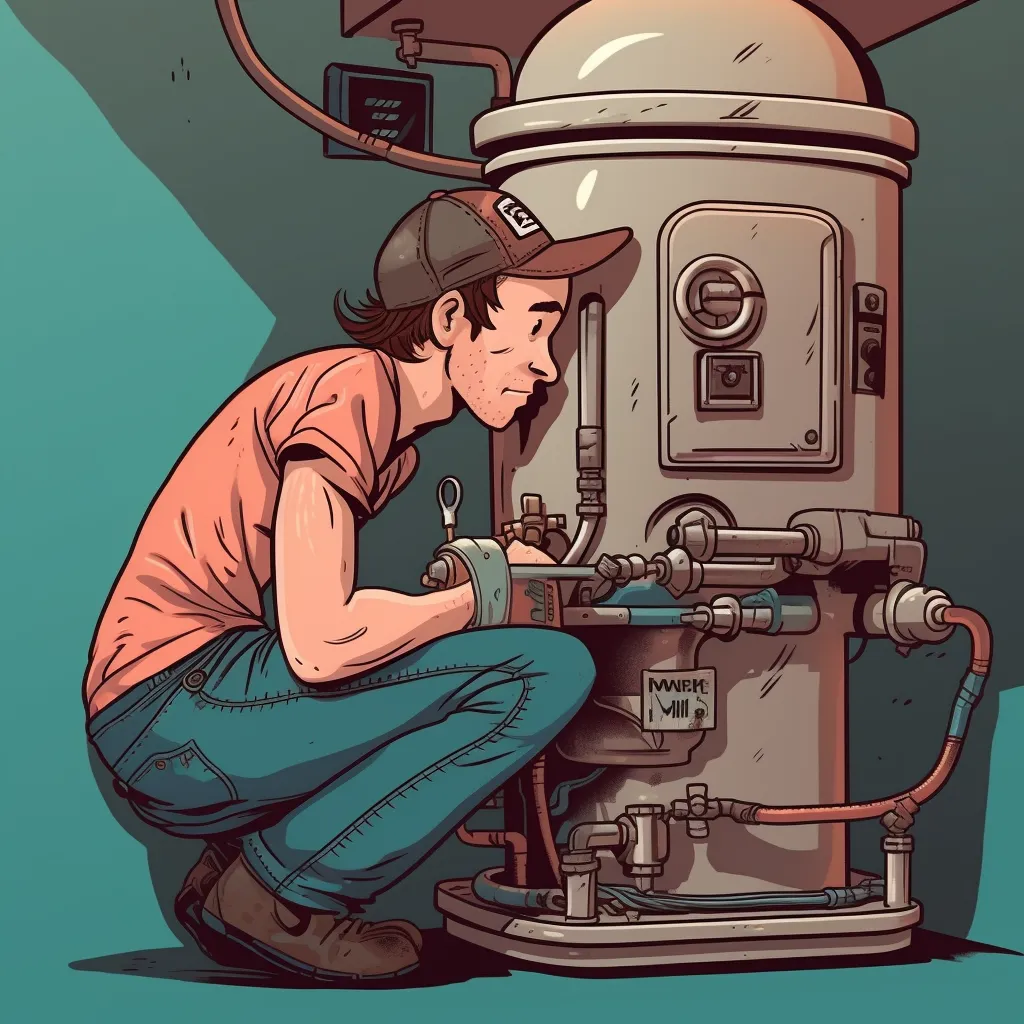
Are electric water heaters energy-efficient?
Many people wonder if electric water heaters are energy-efficient. The answer largely depends on the specific model and technology used. Modern electric water heaters can be quite energy-efficient, especially when compared to older models. They are designed with advanced insulation and heating elements that minimize heat loss and optimize energy consumption. Additionally, some electric water heaters feature energy-saving modes and programmable timers to further enhance efficiency. It's important to note that the energy efficiency of an electric water heater can also be influenced by external factors such as the water usage patterns, insulation of the surrounding area, and the temperature settings. Proper installation and regular maintenance can also play a significant role in optimizing energy efficiency. When considering the energy efficiency of an electric water heater, it is advisable to look for models that have an Energy Star rating. Energy Star certified electric water heaters meet stringent efficiency standards set by the U.S. Environmental Protection Agency. These water heaters are proven to consume less energy and reduce greenhouse gas emissions.

Are gas water heaters energy-efficient?
When it comes to energy efficiency, gas water heaters are a popular choice. Gas water heaters typically use natural gas to heat the water, which is known to be more cost-effective and energy-efficient compared to electric water heaters. Compared to their electric counterparts, gas water heaters can heat water more quickly, which can result in reduced overall energy consumption. Additionally, gas water heaters are often recommended for households with higher hot water demands, as they typically have a higher recovery rate (the rate at which they can reheat water). This means that they can provide a continuous supply of hot water without running out. Overall, if you are considering water heater replacement in Eclectic and energy efficiency is a priority, a gas water heater may be a suitable option for you.
How much does it cost to buy and install an electric water heater?
If you are in need of a water heater replacement in Eclectic, you may be wondering about the cost of purchasing and installing an electric water heater. While the exact cost can vary depending on factors such as the size and brand of the water heater, as well as the complexity of the installation, it is possible to provide a general estimate. To get a more accurate estimate, it is recommended to contact a professional plumbing service in Eclectic. When it comes to purchasing an electric water heater, costs can range from around $500 to $1,500 or more. This range is influenced by various factors such as the capacity, efficiency rating, and additional features of the water heater. Higher capacity or more energy-efficient models tend to come with a higher price tag. In terms of installation, the cost can vary depending on the complexity of the job. The cost generally includes labor, materials, and any necessary permits. On average, the installation cost can range from $500 to $1,000 or more. Factors such as the location of the water heater, accessibility, and the need for additional plumbing work can affect the overall installation cost. It is important to note that the pricing provided here is a general estimate and can vary based on individual circumstances. To get an accurate cost for purchasing and installing an electric water heater in Eclectic, it is advisable to reach out to a professional plumbing service who can provide a customized quote based on your specific needs.

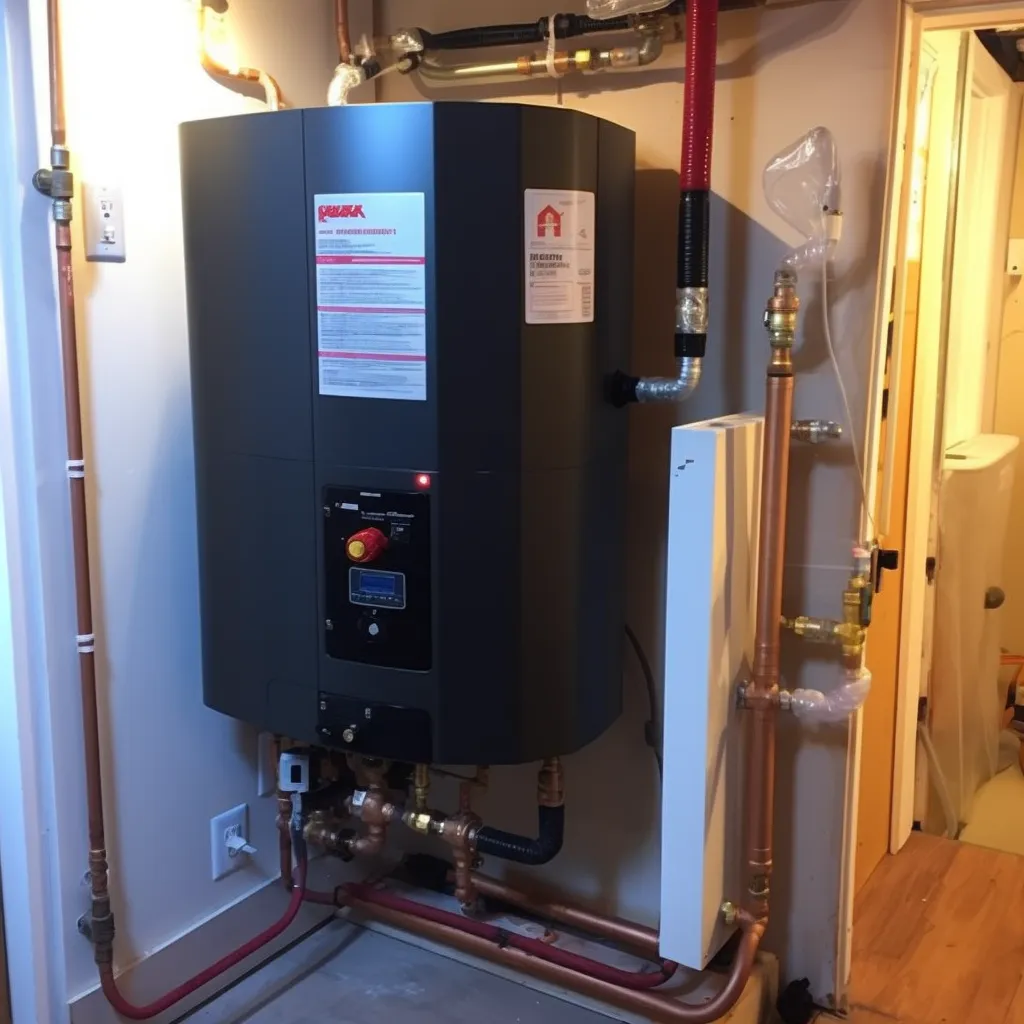
How much does it cost to buy and install a gas water heater?
If you're in need of a gas water heater, you might be wondering about the cost of purchasing and installing one. The price can vary depending on several factors, including the brand, size, and efficiency of the water heater, as well as any additional installation requirements. It's important to note that the cost of a gas water heater includes both the purchase price and the installation fees. When it comes to buying a gas water heater, you can expect to spend anywhere from a few hundred dollars to over a thousand dollars. The price will depend on the quality and features of the unit. Additionally, larger capacity water heaters tend to be more expensive than smaller ones. Higher efficiency models - which can help save on energy costs in the long run - usually come with a higher price tag as well. Installation costs can also vary depending on your location and specific needs. Generally, professional installation for a gas water heater can range from $500 to $1,500. This cost includes labor, material, and any necessary permits. It's recommended to hire a licensed plumber or professional installer to ensure the job is done correctly and up to code.
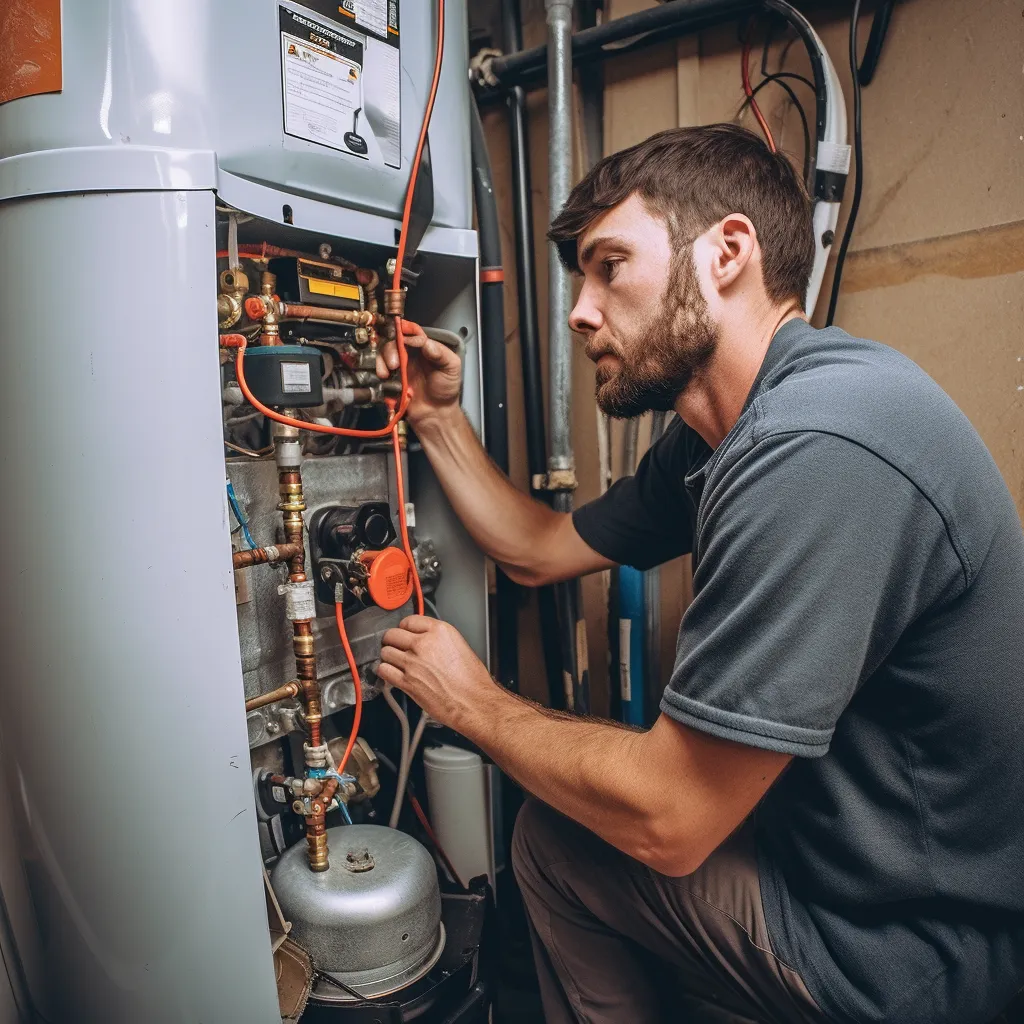
Maintenance needs of electric water heaters
With electric water heater maintenance, there are a few key aspects you need to consider. Regular maintenance is crucial to ensure the longevity and efficient functioning of your water heater. It is important to regularly check the temperature and pressure relief valve. This valve is designed to release excess pressure from the tank, preventing potential damage. To check the valve, simply lift the lever and allow some water to flow out. If water continues to flow even after releasing the lever, it may signify a faulty valve that needs to be replaced.
You should inspect the anode rod. The anode rod plays a vital role in preventing corrosion by attracting minerals and corrosive substances in the water. Over time, the rod may deteriorate, and checking its condition periodically is important. If the rod is significantly corroded or less than half an inch thick, it is recommended to have it replaced.
Flushing the tank is crucial for maintaining the efficiency of your electric water heater. Sediment buildup can hinder the optimal performance of the heater and reduce its lifespan. By draining and flushing the tank annually, you can remove any sediment or debris that has accumulated at the bottom.
It is essential to check the electrical connections and wiring of your electric water heater. Loose or damaged connections can lead to electrical issues or even pose a safety hazard. Ensure that all connections are secure and that there are no signs of fraying or damage to the wires. Finally, it is advisable to seek professional assistance for any complex maintenance tasks or if you are unsure about any steps. A qualified plumber or technician can provide expert guidance and ensure that your water heater is in good working condition.
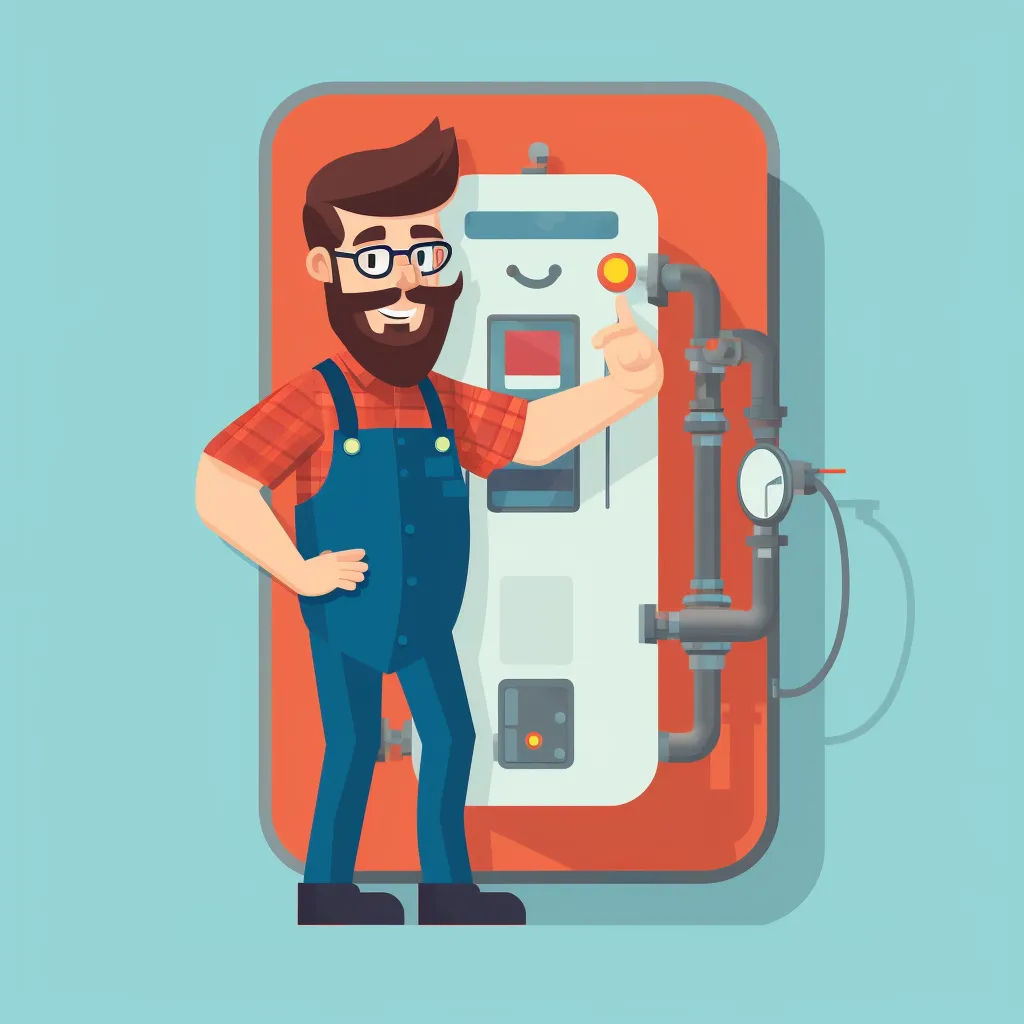
Maintenance needs of gas water heaters
Regular maintenance ensures the efficient and safe operation of your gas water heater. Annual tasks such as tank flushing, inspecting the anode rod, checking the burner and pilot assembly, testing the temperature and pressure relief valve, and monitoring for gas leaks are essential for optimal performance. Flushing the tank annually helps remove sediment buildup, improving the heater's efficiency and longevity. Inspecting the anode rod every few years is important because it protects the tank from corrosion. Monitoring the burner and pilot assembly for debris or damage ensures proper combustion and prevents potential hazards. Testing the temperature and pressure relief valve annually is crucial as it keeps the pressure and temperature within safe limits. Checking for gas leaks is vital to prevent gas leaks and potential disasters. To ensure the effective and safe operation of your gas water heater, it is highly recommended to consult a licensed professional. They can address any uncertainties or concerns you may have and provide expert insight into water heater replacement in Eclectic. By performing these necessary maintenance tasks and seeking professional guidance, you can maintain the efficiency and safety of your gas water heater for years to come.


Safety considerations of electric water heaters
Safety should always be a top priority with electric water heaters. There are a few important considerations to keep in mind. First and foremost, it is crucial to have a professional handle any installation or repairs involving electric water heaters. Working with electricity can be extremely dangerous, and attempting to DIY these tasks can lead to serious injury or even death. Hiring a licensed plumber or electrician who is experienced in water heater installations will help guarantee that all electrical connections are properly and safely completed.
Another important safety consideration is the location of the water heater. It is vital to ensure that the unit is installed in a well-ventilated area, away from any flammable liquids, and with easy access for maintenance and repairs. The water heater should be positioned on a stable, non-combustible surface, such as a concrete floor or metal stand, to prevent any potential fire hazards.
Regular maintenance is also key to ensuring the safety of an electric water heater. This includes regularly checking the temperature and pressure relief valve and draining the tank to remove any sediment buildup. Sediment can cause overheating and reduce the efficiency of the heater, increasing the risk of malfunctions or even explosions. Lastly, it is essential to be aware of the signs of potential problems with an electric water heater. These can include strange noises, a drop in water temperature or pressure, leaks around the unit, or discolored water. If any of these issues arise, it is best to contact a professional for an inspection and necessary repairs.
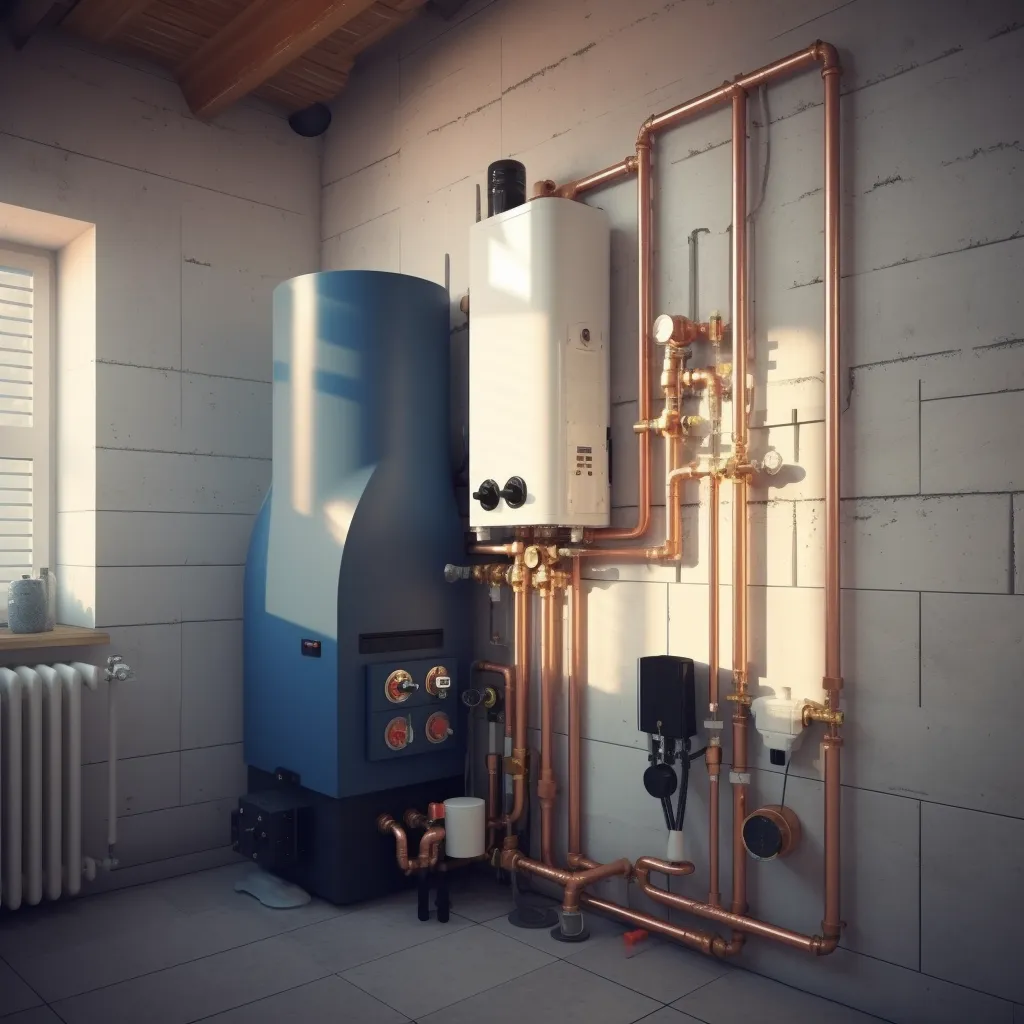
Safety considerations of gas water heaters
When it comes to gas water heaters, safety is of utmost importance. To create a safe environment in your home, it is essential to take certain precautions. Start by installing a carbon monoxide detector in close proximity to your water heater. This will help detect any potentially harmful gas leaks and ensure the safety of your household. Regular inspections and maintenance of your water heater are also crucial. By scheduling routine check-ups, you can identify any potential issues before they escalate into major problems. Small leaks or faulty components can be addressed promptly, preventing accidents or malfunctions. Additionally, it is vital to keep the area surrounding your water heater clear of any flammable materials. This includes avoiding storage of combustible substances or items near the unit. Keeping the space free from clutter reduces the risk of fire hazards.
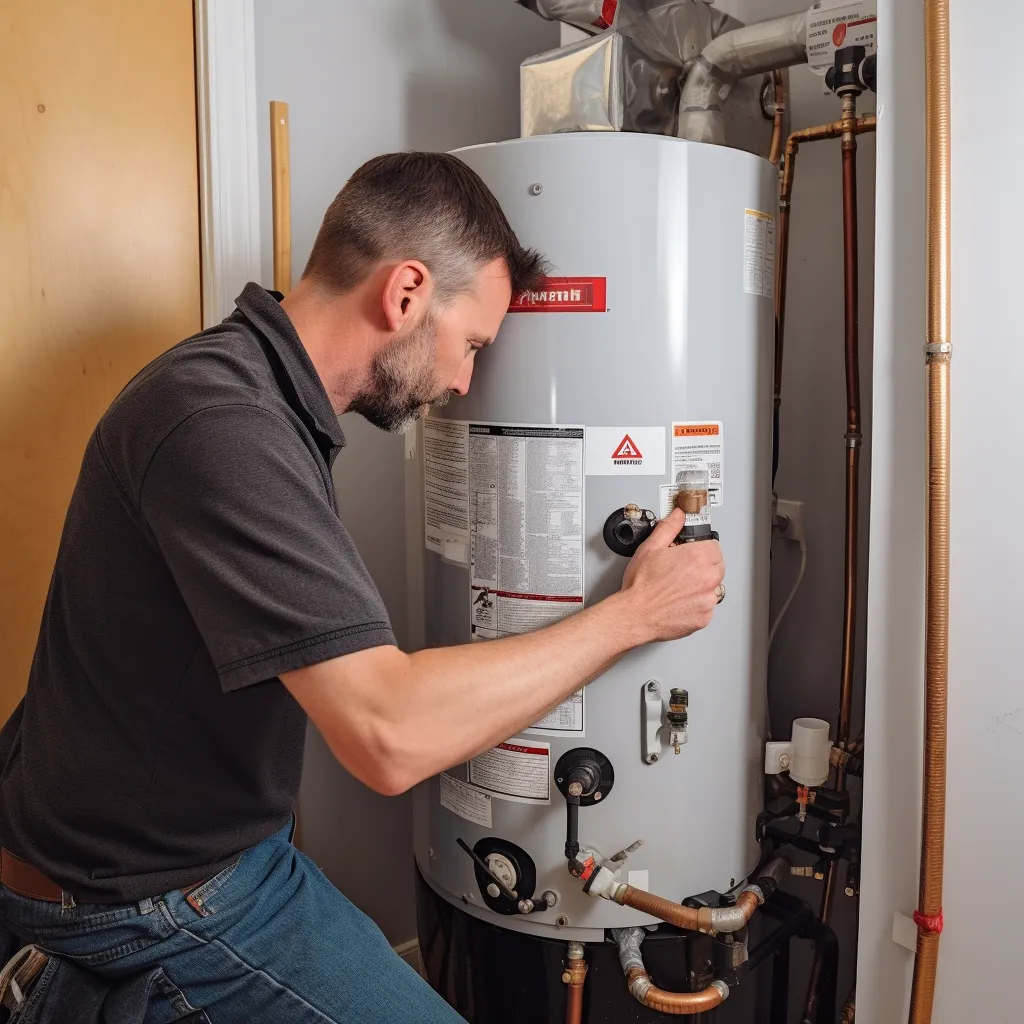
How to choose between electric vs gas water heater
If you're in the market for a new water heater, one of the first decisions you'll need to make is whether to choose an electric or gas-powered model. Both options have their own set of pros and cons, so it's important to consider your specific needs and circumstances before making a final decision.
Electric water heaters are typically less expensive upfront and easier to install than gas-powered models.
Electric water heaters don't require ventilation, so they can be installed in a wider range of locations, including closets or utility rooms.
Electric units provide consistent hot water temperatures and have lower maintenance requirements.
Electric water heaters tend to be more energy-efficient, as they don't lose heat through a venting system.
Gas water heaters are often preferred for their lower operating costs, especially in areas where natural gas is less expensive than electricity.
Gas water heaters often have a faster recovery rate, meaning they can heat water more quickly.
Gas water heaters also continue to produce hot water during power outages, as they don't rely on electricity to function.
Gas-powered models are typically more expensive to purchase and install, and may require professional help for ventilation requirements.
Ultimately, the choice between electric and gas water heaters depends on factors such as your budget, energy source availability, and specific needs. If you're looking for a cost-effective option with low initial installation costs and no ventilation concerns, an electric water heater may be the right choice for you. On the other hand, if you have access to natural gas and want a model with lower operating costs and a faster recovery rate, a gas-powered water heater may be the better option. Consider weighing these factors carefully before making your final decision.
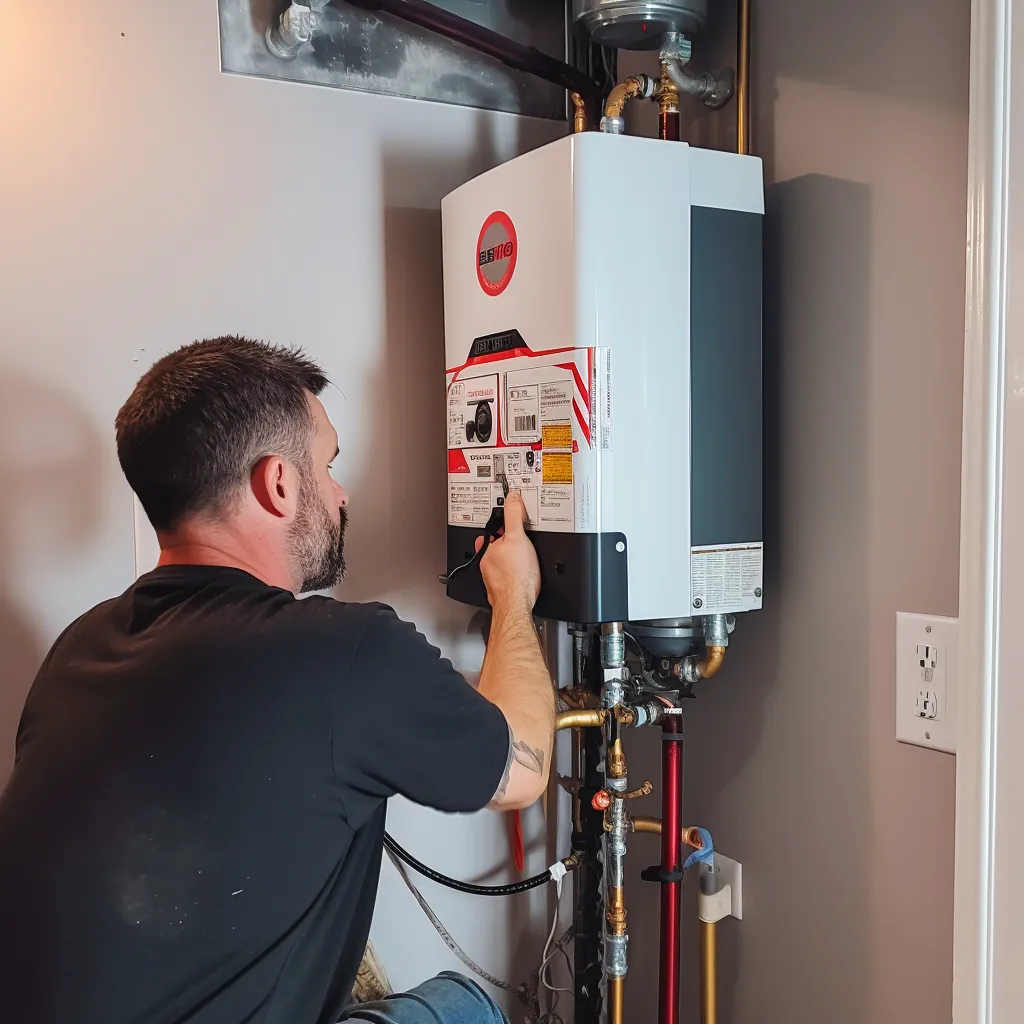
Why you should hire a licensed professional to install your water heater
With water heater replacement, it's crucial to prioritize safety and proper installation. While some may be tempted to take a DIY approach to save money, this can lead to risky and potentially dangerous consequences. To ensure a safe and effective water heater replacement, it is highly recommended to hire a licensed and experienced professional. They possess the necessary knowledge, skills, and expertise to handle the installation correctly. By entrusting the task to a professional, you can have peace of mind knowing that all safety measures will be followed, and any potential issues will be addressed promptly. Your safety should always be the top priority, and relying on a licensed professional is the smart and responsible choice when it comes to upgrading a water heater in Eclectic.
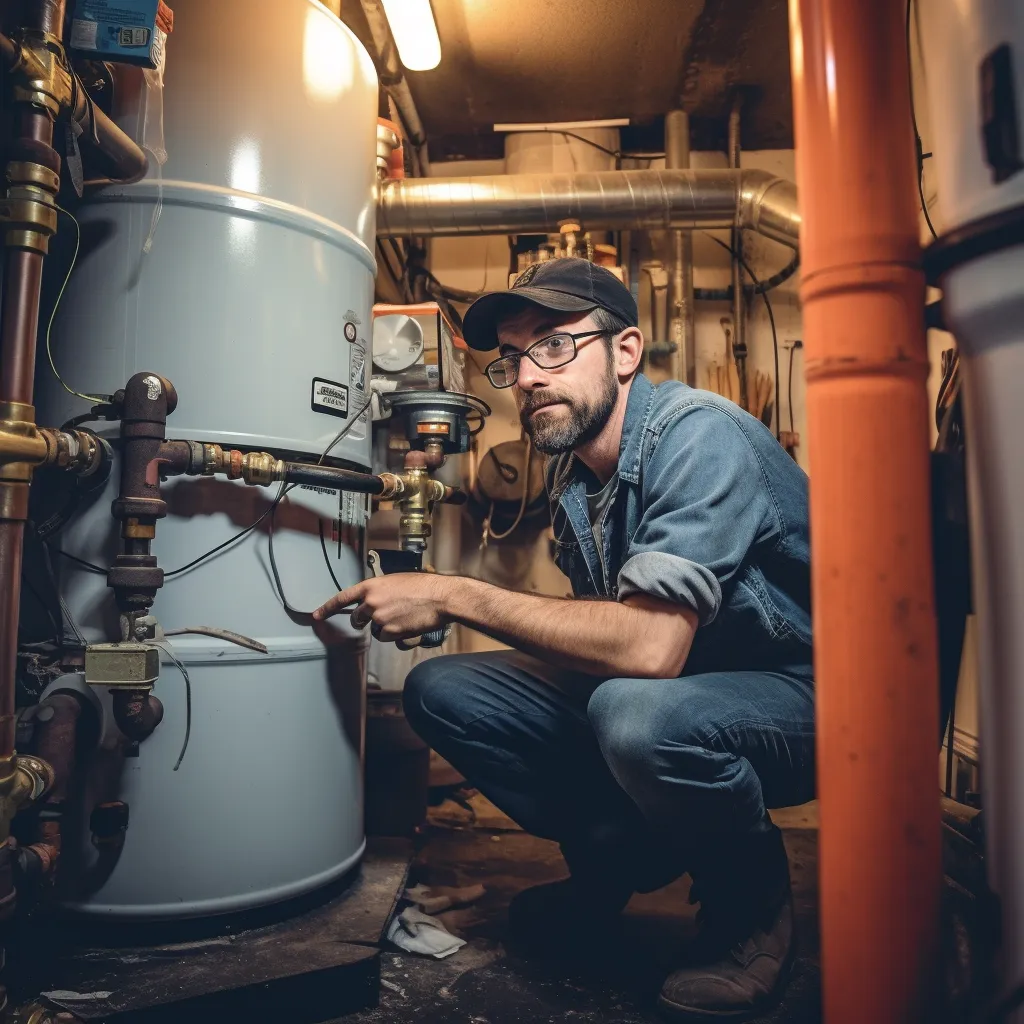

Be sure to thoroughly research your options
If you're planning to upgrade your water heater, it is important to find a reputable company or plumber who specializes in this service. Start by asking for recommendations from friends, family, or neighbors who have recently had their water heaters replaced. They may be able to provide valuable insight into their experiences and help you find a reliable professional. Additionally, take the time to research different companies or plumbers in Eclectic who offer water heater replacement services. Look for companies or individuals with positive customer reviews and ratings. Check their website for any information about their experience, qualifications, and the brands of water heaters they install. Don't be afraid to reach out and ask questions before making your decision. Inquire about their pricing, warranties, and any guarantees they offer. A reputable company or plumber should be able to provide you with a detailed estimate and explain all the necessary steps involved in the water heater replacement process. Keep in mind that while cost is an important factor to consider, it should not be the sole determining factor. Make sure to prioritize the quality of work and reliability when selecting a professional for your water heater replacement. This will help ensure that the installation is done correctly and that you won't have to deal with any issues down the line. By doing your due diligence and researching different options for water heater replacement in Eclectic, you can feel confident in your decision and hire a professional who will provide a top-notch service. This way, you can enjoy hot water without any worries or inconveniences in your home.
Contact Us
